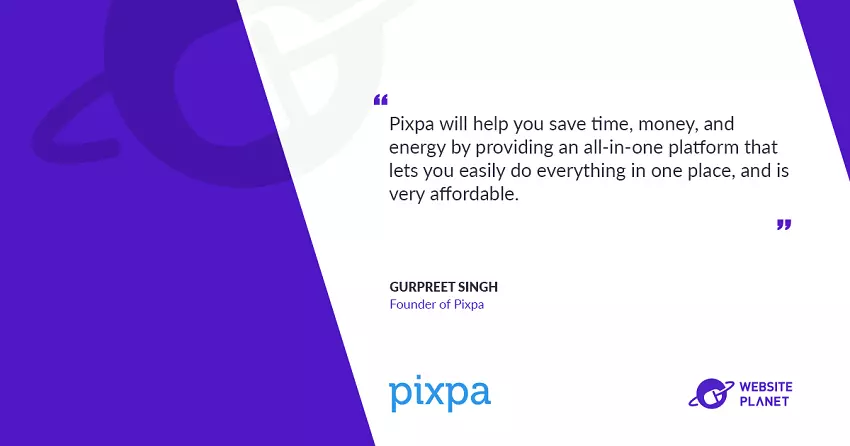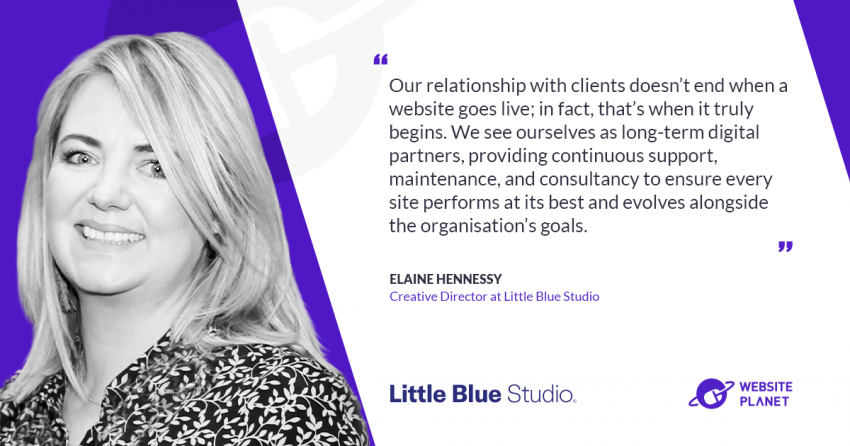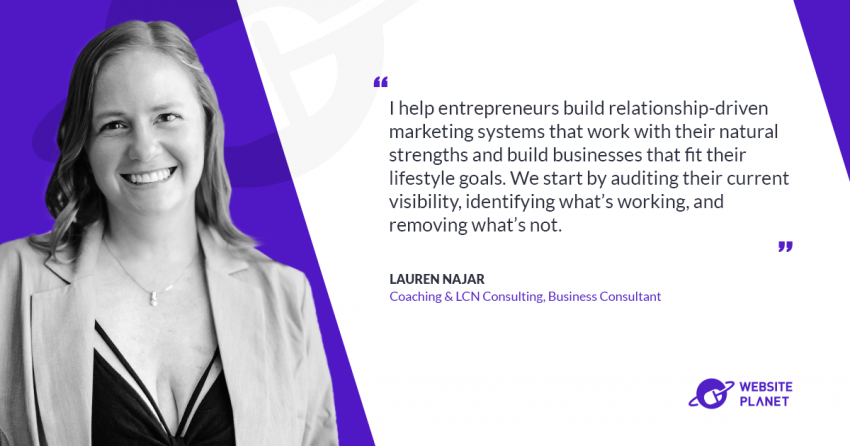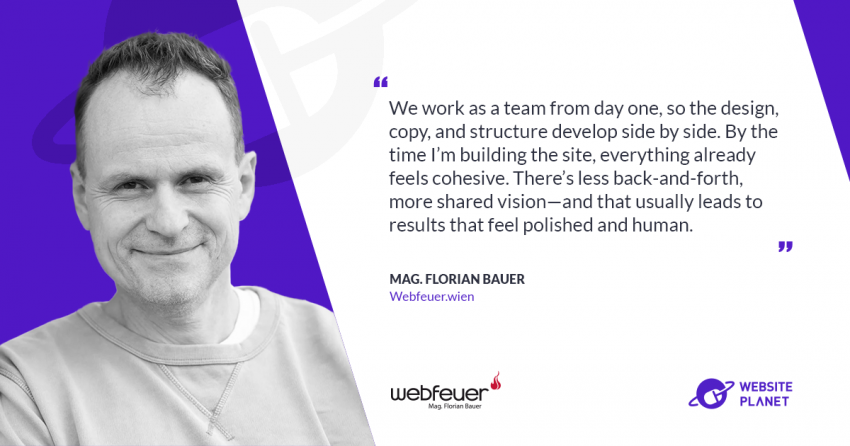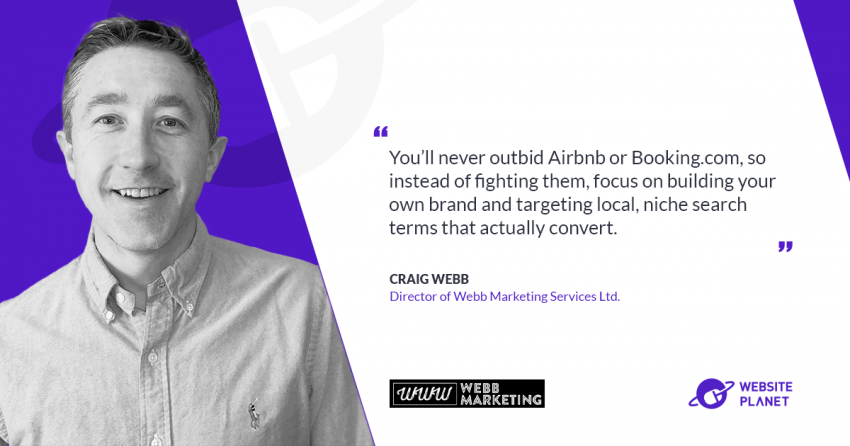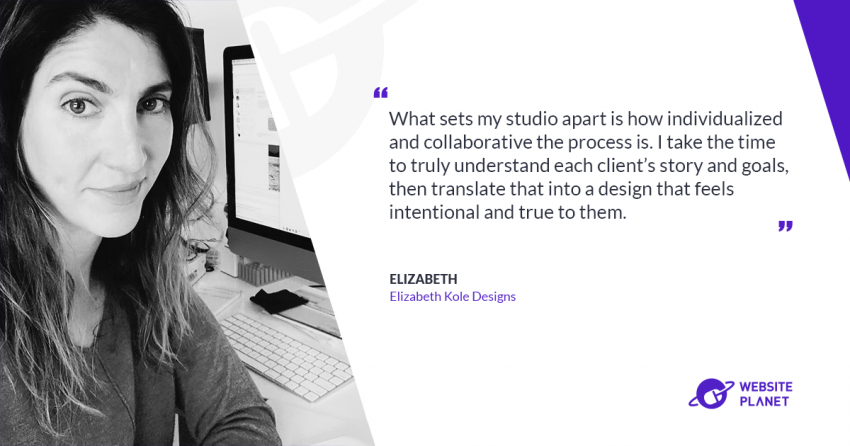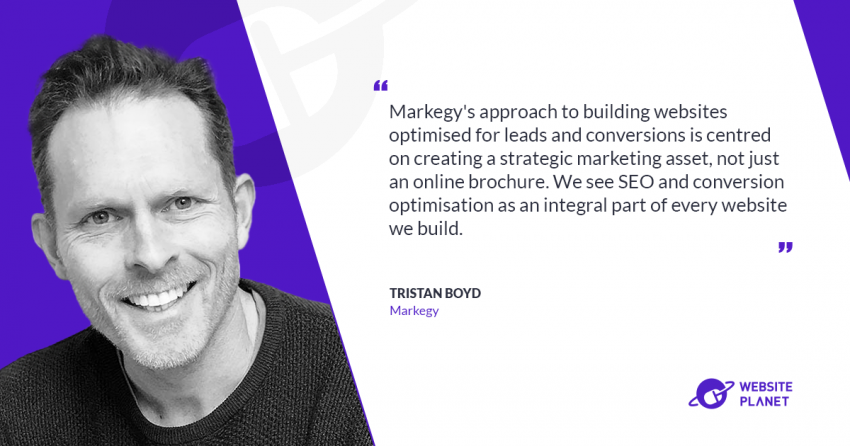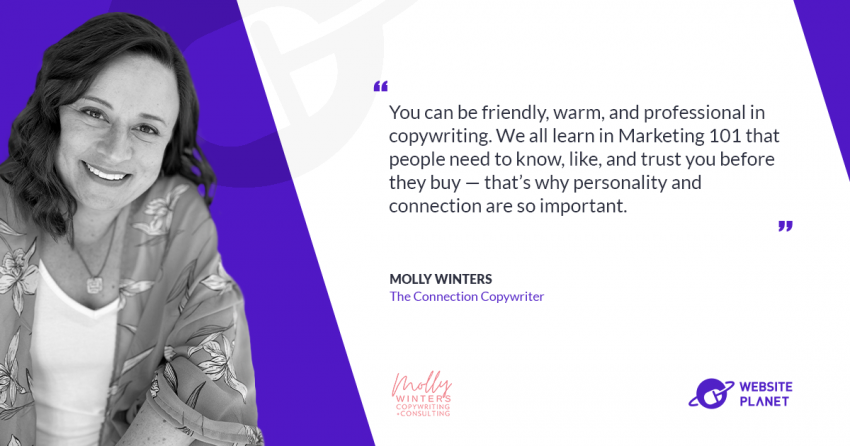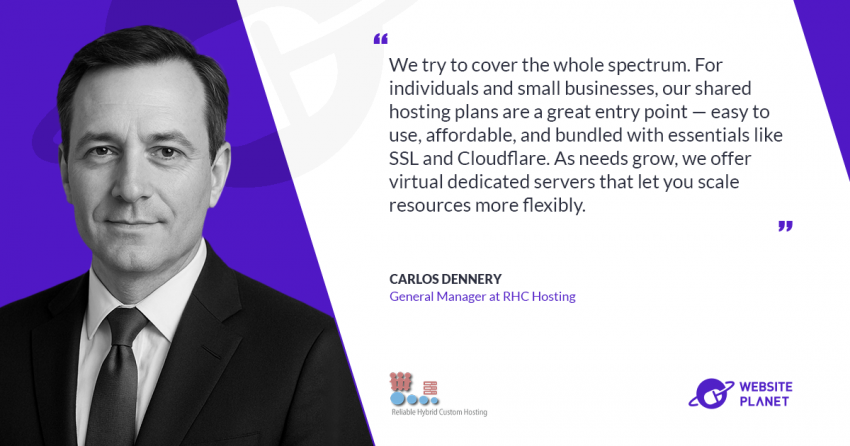We had the pleasure of speaking with Gurpreet, the founder of Pixpa– the all-in-one platform which helps you create a portfolio website with e-commerce, blogs, and other useful features. We spoke about the idea behind his company, as well as the future of the industry.
Can you describe the story around Pixpa? What sparked the idea and how has it evolved so far?
I studied architecture and right after my college I had started a creative agency, which I ran for almost fifteen years. Throughout this entire time, there was a lot of interaction with teammates, colleagues, and other creative people, such as photographers, artists, and designers. As a creative agency, we were presenting our portfolio to clients all the time.
We helped other friends and colleagues in building their portfolios since we were also doing web design. This need gap was always there with us – while we were thinking about what kind of product we want to make in order to transform from a service-oriented business to a product-oriented business.
I think that the understanding that we have as creators, the knowledge that we gained from working with other creators, and the skill sets that we have combined into a platform that helps creators showcase, share and sell their work online. That is where the idea for Pixpa came around.
What services or products do you offer?
It all started with primarily being a portfolio website product, which was our initial thought and Pixpa remained a portfolio website product for many years. Increasingly we realized that even for creators, showcasing their work was an important thing, but selling and sharing their work in various other ways was also significant.
We slowly segwayed into building other workflow tools, such as e-commerce, blogs, contact forms. Slowly the product has evolved into more than being a portfolio website platform, now it is an all-in-one platform that offers multiple abilities.
You can pretty much handle most of what you need for an online presence in one place. All of that has come together to make Pixpa into an all-in-one platform for both creators and small businesses.
What separates you from other similar websites or companies?
The richness and depth of features that we offer at the price point that we offer it. We provide a deep feature set combined with ease of use, which differentiates us from some bigger platforms out there, as well as the affordability of our services.
The niche that we focus on is the people whose first purpose is to showcase their work, and then expand those features so they can share and sell their work also. This feature set goes very deep in Pixpa as it lets them accomplish much more than they would by using a larger platform.
To top it off, we offer very proactive customer support service. The easy and feature-rich platform, combined with people who are willing to help you anytime, hopefully, differentiates us from a lot of our competitors.
Who are your typical customers? What do you think is the main challenge that Pixpa solves for them?
We started primarily with photographers, and then it automatically grew into graphic designers, fashion designers, architects, and interior designers. As we doubled down and released other features, for example, the e-commerce store, our audience has grown into small businesses.
So now it is a good mix of different creators and small businesses. For both of those groups, we help save time, money, and energy by providing an all-in-one platform that lets you easily do everything in one place, and is very affordable.
How do you envision the future of your industry?
Having an online presence as a means of selling your product or the services that you offer, is a number one medium to do most of that now. The usefulness of being online and having a platform that helps you do all these things is increasing.
The industry is expanding, people are using their websites to achieve more, so with that our platform is also expanding as we are trying to build in those workflows.
For example, ten years back, most photographers would only be interested in having a portfolio website, but now they want an active blog, e-commerce store, and they want to be able to sell their images and to accept payments. Building your own website industry is responding well to the expanding set of needs.
How has the Covid-19 pandemic impacted your customers and business?
It has impacted it quite a bit. Small businesses have definitely been hit hard. For example, wedding and travel photographers have had almost all of their business put on hold. The amount of business coming through has almost dried up. That being said, over the last two to three months things have been looking up.
People have used this time to build up skills, spent more time on building their portfolios and websites, trying to be ready for the moment when things start improving.
